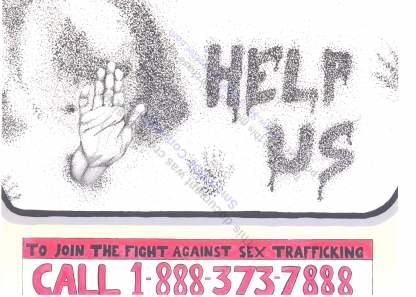
Section Branding
Header Content
Educators Learn About Human Trafficking
Primary Content

Four hundred educators from across the state are spending Monday and Tuesday learning how to spot children involved in human trafficking.
Nikki Durr is a lead teacher in the Victory Program at Wellspring Living. She works with victims as young as 13 in the court-ordered program for girls involved in prostitution. One of the hardest things they deal with is a lack of trust.
“If I say that I’m going to do something, they don’t necessarily trust that I’m going to do that. Or that I have their best interests at heart. Because you know they are used to people using them. It takes time to build that rapport and that trust,” she said.
Durr says her students come from all walks of life. Some were kidnapped and held hostage. Some get into prostitution out of a desire to help their families financially. “They want to do something to help their parents. So some issues are 'I’m doing this because my family is struggling, so I need to have money to bring home to the family.'”
Many of the girls are targeted through telephone chat lines, clubs, and through the internet. More than 300,000 children are trafficked within the United States annually. In Georgia alone, it’s estimated that 400 to 500 minors and adults are trafficked each month.
GPB's Ellen Reinhardt talked with Joel Thornton, Chief of Staff at the state Department of Education, about why educators and school counselors need training on the issue.
You can also listen to our online extra, where Thornton describes what parents, teachers and families should look out for to protect children from human trafficking.
There is a 24 hour hotline available if you need help, or want to report human trafficking. (888) 373-7888.
Tags: human trafficking, state department of education, sex trade
Bottom Content

